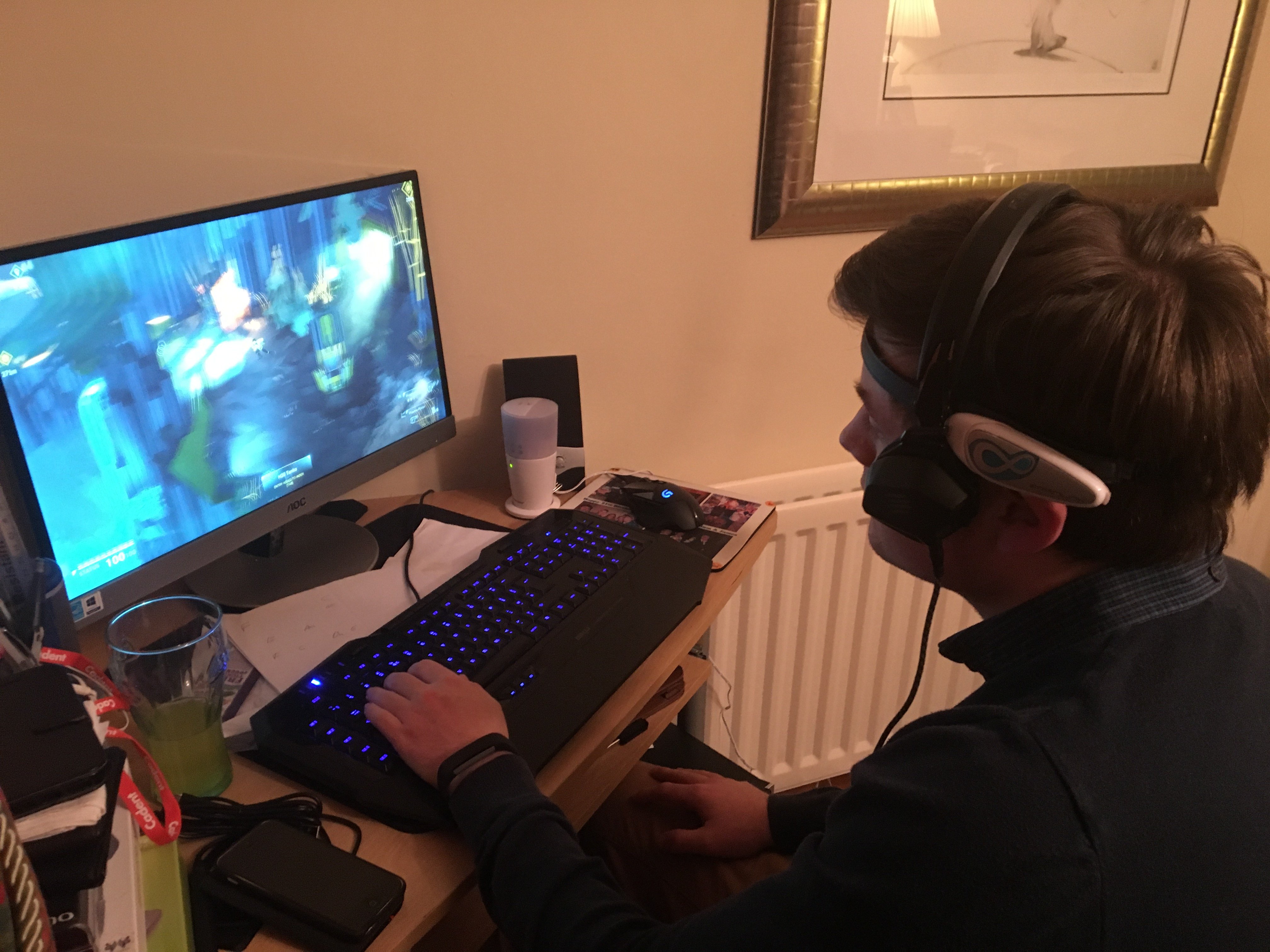Ring Chromosome 20 syndrome, also known as r(20), is an ultra-rare condition, the first symptom of which is usually epilepsy. Due to the delayed onset of the signs of the syndrome and the difficulties in identifying it, no true statistics for r(20) exist. This isn’t good enough for Allison Watson, co-founder of Ring20 Research & Support UK CIO. Here, she explains why.
Topics: epilepsy, impact on family, support, living with epilepsy, familiy, support group, awareness, epihunter, rare diseases, r(20), ring chromosone 20 syndrome, research support
Interview with Eva Schoeters, founder be-TSC
Tuberous Sclerosis Complex (TSC), also known as Bourneville's disease, is a complex genetic disease of which epilepsy is often one of the symptoms. Clear communication around TSC and tight monitoring of it is crucial to limiting the impact of the condition. That is why Eva has committed herself to the role of chairman of be-TSC, an association that wants to be there for those who have to deal with TSC. In this blog, she tells more about TSC and shares her story.
Topics: absence, epilepsy, uncertainty, impact on family, support, living with epilepsy, familiy, support group, awareness, spasms, tsc, Tuberous sclerosis, infantile spasms, rare diseases


